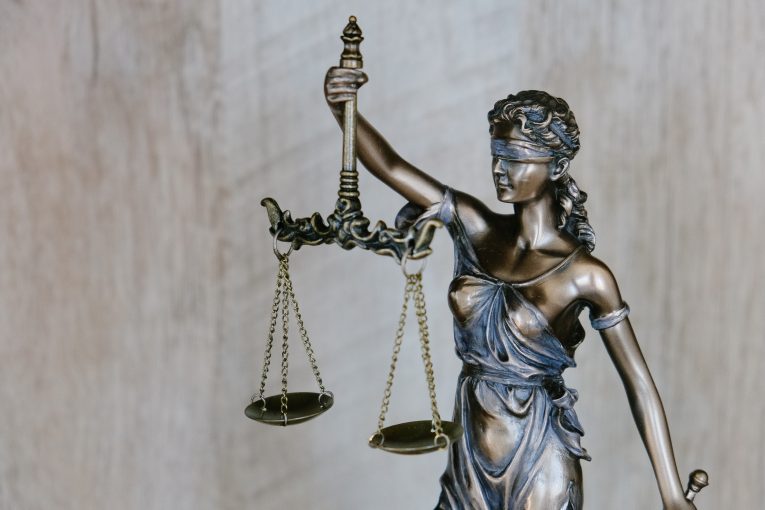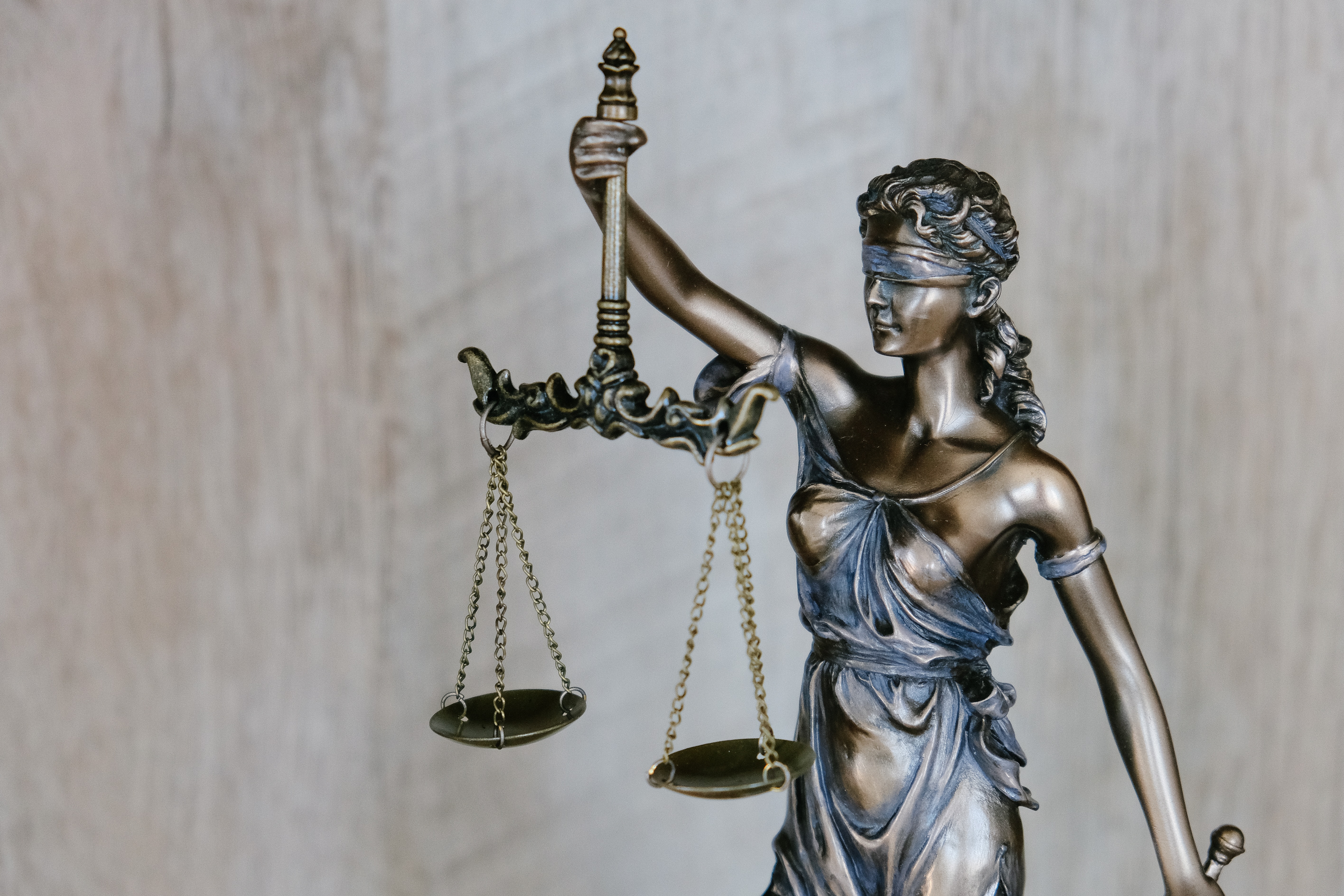


by Silas N. Kanady
Before I was born, my mother decided she would name me Silas. The name is derived from the Latin word Silvaticus, which means “dweller of the forest.” While that is a beautiful, exotic-sounding definition, it is not the only one. Silvaticus also means “savage, wild, untamed, uncivilized, barbarous, fierce, and cruel.” I like to think that the former applies to me more than the latter; I do in fact love the forest. However, the sad truth is either of the two definitions could be applied to me at one point or another in my life. When I tell people this, they usually respond with, “That’s a horrible thing to say about yourself,” or words to that effect. They are right, as it is a horrible thing to say about oneself. Nevertheless, it is the truth. The fact that I am writing this from a prison cell is a good indicator of that.
Although my name is unique, I am not the only Silas who has been to prison. Those who are familiar with the Bible know that Silas was Apostle Paul’s traveling companion and brother in Christ. During their travels in Macedonia, the two end up in prison (see Acts 16:16). The best part of the story is when God causes an earthquake that makes it possible for Paul and Silas to escape. However, they do not escape. They saw that the jailer was going to end his own life if they did, so in order to save their jailer’s life they remained in prison. I enjoy that story. Other than sharing the same name and being in prison, biblical Silas and I have nothing in common. As far as I can tell, he did not deserve to be in prison. I, on the other hand, most certainly do.
When I was sentenced to prison justice was served, and in my heart I know it. This was not the only time the theme of justice has played a role in changing my life. Being “brought to justice” as they say, is not the only way to experience it. To understand the meaning of justice, I had to gain intimate knowledge of it through experience, as well as an intellectual knowledge of it through contemplation. The experiential knowledge of justice I learned the hard way, but I did learn. Experience is a brutal-but-effective teacher. To understand justice, I had to learn what justice is not. I then had to learn the hard way what justice is; only then was I able to gain a deeper understanding of it through  contemplation.
contemplation.
I went to war for the first time when I was 19 years old, and it was at war where I learned much about what justice is, but also what justice is not. At 19, I was a man in my own right, though still partly a child. I was young and naïve and ignorant to the ways of the world. When I deployed to Iraq, my young mind romanticized war, and I saw myself as some sort of knight in shining armor going to far-flung corners of the earth to fight evil. I thought that I, Silas Kanady, was going to bring bad people to justice by engaging them in armed conflict. I am astonished at the self-righteousness of my past self. Looking back, I can only shake my head at my foolish innocence. The soul-searing experience of war shattered my illusion into a million pieces. In service to my country, I shot, killed, and maimed many. I struggled with that then as I struggle with it now. I try to tell myself I did what I had to do to survive, that they were bad people, and that what I did was just. However, the older I get the harder it is to believe. To call butchery “justice” is a gross perversion of the word. I had to do bad things to other human beings while at war in the name of American justice. Often, I wonder how the scales of justice will balance out. If you put the bad things I did in war on one side of the scale, and the good on the other, which would weigh more? What about the Machiavellian method of doing bad things with good intentions? What side does that go on? What about doing bad things to evil people? Where does that fit in?
I have been struggling with these questions for six years and believe I am finally closing in on the truth. What is the truth? It is that human life is sacred, and contrary to what pro-death penalty advocates say, justice in its purest form never involves the taking of a human life. Killing can never be justice. Killing is simply killing.
When sentenced to 18 years for robbery, this was the clearest and most easily identifiable example of justice I had ever experienced. Unlike my wartime struggle with what was just, there was no question in my mind about the justness of my conviction and subsequent incarceration. I deserved prison and I knew it.
When I came back from my second combat tour, I had a difficult time reintegrating into society. I had a severe case of PTSD, and I was angry at the entire world. I lashed out at it. I will never try to make excuses for the crimes I committed because I know there are none. To do wrong is to choose wrong. Committing crimes was a choice I made. I am sitting in prison because of me. I did this, not circumstance, not any other person. I used my pain as an excuse to lash out and I got what was coming to me. It is unfortunate that it took being handed an 18-year prison sentence before I grasped the meaning of justice. I learned the hard way, but I learned. This experience taught me a lot about justice, and I am a better, wiser, more complete person because of it.
Experience taught me much about justice, but I deepened my understanding of it through contemplation. Prison takes a lot from you. It takes your freedom, your family, your self-esteem, and part of your sanity. However, one thing prison has given me is an abundance of time to think. One of the many things I have contemplated is the role justice plays not only in my life, but also in the lives of everyone. In the five and a half years since my incarceration began, I have taken an interest in world religions and esoteric teachings. It was in studying Buddhism I stumbled upon the closest, truest definition of justice I have encountered. The Buddha Siddhartha Gautauma said, “What you are now is what you have been, and what you will be is what you do now.” In this passage, the Buddha is teaching about “karma.” Though some may not agree with Buddhist philosophy or the idea of karma, one can hardly disagree with the universal law of cause and effect. Whatever one does in life has consequences. This is a fact that many a convicted felon has come to realize the hard way, during silent moments of somber reflection in a dark prison cell.
The word “justice” means different things to different people, depending on their values and beliefs. To me, it simplifies things to think of justice not as defined in the dictionary, but as something like the Buddhist definition of karma. The Tibetan Buddhist master, Sogyal Rinpoche, said karma in its simplest terms means, “Whatever we do with our body, speech, or mind will have a corresponding result. Each action, even the smallest, is pregnant with its consequences” (Rinpoche 2002). In the west, karma is often confused with fate or predestination, but that is not what karma means at all. The literal translation of the word into English means “action.” It means whatever a person does, good or bad, they will get in return in equal measure. Karma is actually very similar to Newton’s Law of Motion: “For every action, there is an equal and opposite reaction.” It can also be stated in Biblical terms as “you reap what you sow.” To me, the word karma most closely approximates the true essence of justice. If one does good, one gets good in return. If one does bad, one gets bad in return. Isn’t that justice? To me, justice in its grandest sense is synonymous with karma.
Whenever I think about the Biblical Silas, it makes me smile. I am still waiting for God to spring me out of prison as he did for Biblical Silas. Between you and me, it’s not looking good. I am okay with that, though. I know I will get out of prison when I am supposed to get out. Whether it’s three years or 10 years from now, I will get out of prison when I am supposed to get out. I will get out when I have paid a high enough price for my mistakes. I know this because the universal law of cause and effect works both ways. Just as my bad choices landed me in prison, my good choices will get me out. Once I have fixed my flawed ways of thinking and I have grown into the man I need to be, I will be released and be a free man again.
I will conclude by saying that even though prison is a terrible, unpleasant place, it has given me the opportunity to sit and reflect on my life and realize my failings and shortcomings. It has forced me to examine my problems and finally deal with them. Being in prison has allowed me to see exactly what and who is really important in my life. In my countless hours of contemplation, I have come to a better understanding of justice. My understanding of it is different from most people, but to me it is the best way my mind can grasp something as weighty as the meaning of justice. With my understanding of justice clearly defined, I have been able to sift through the wreckage of my past and see where I went wrong. I can trace most of the bad things that have happened in my life to a bad decision that I made. I have made many terrible mistakes, the summation of which led me to where I am—sitting in a prison cell for committing crimes, and writing an essay about justice. If you ask me, that is justice at its finest.
Republished from “Perspectives from the Cell Block: An Anthology of Prisoner Writings” – edited by Joan Parkin in collaboration with incarcerated people from Mule Creek State Prison.
